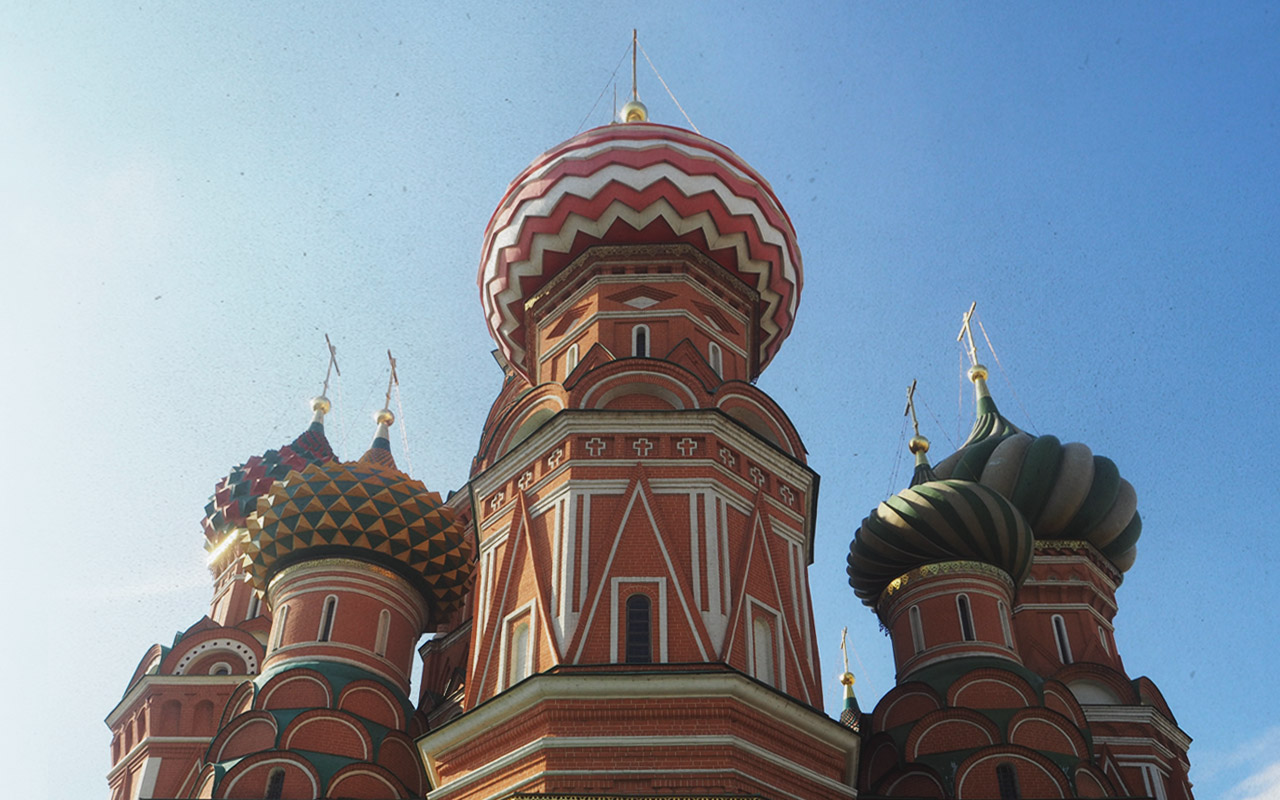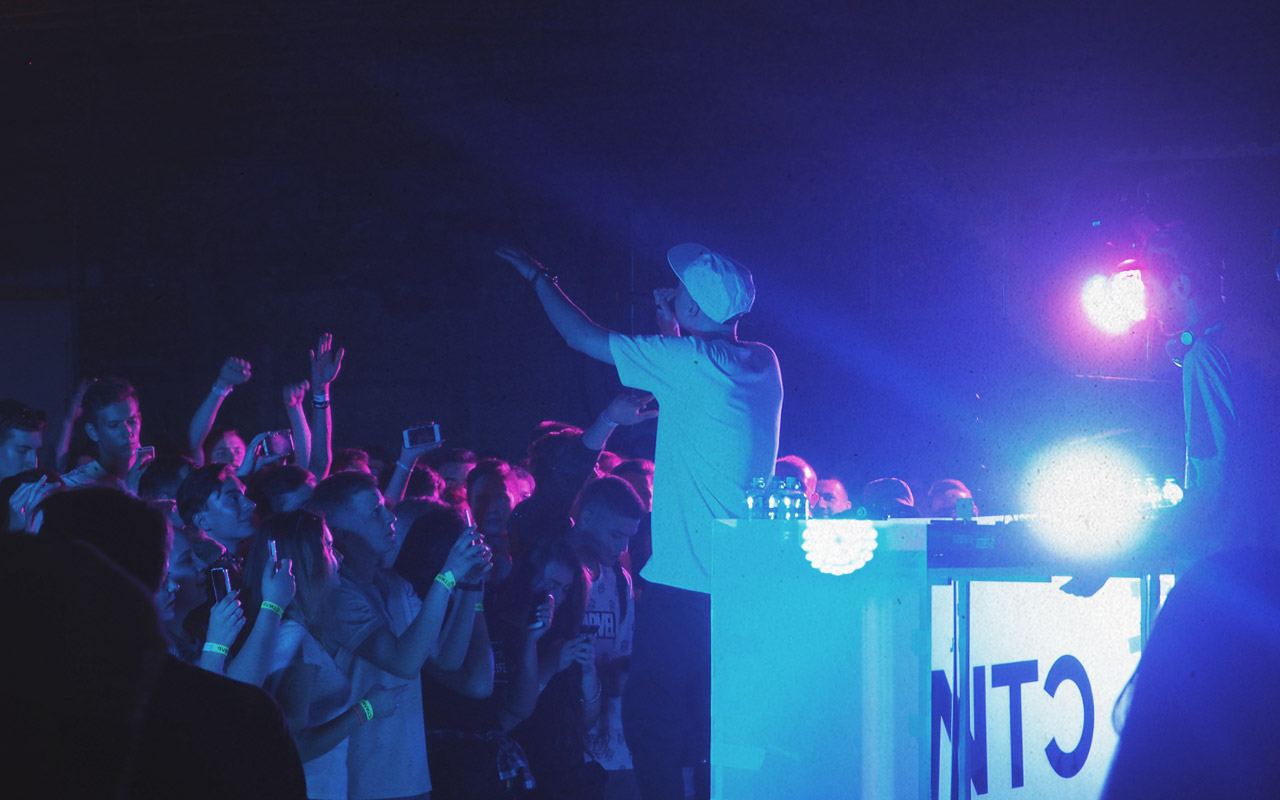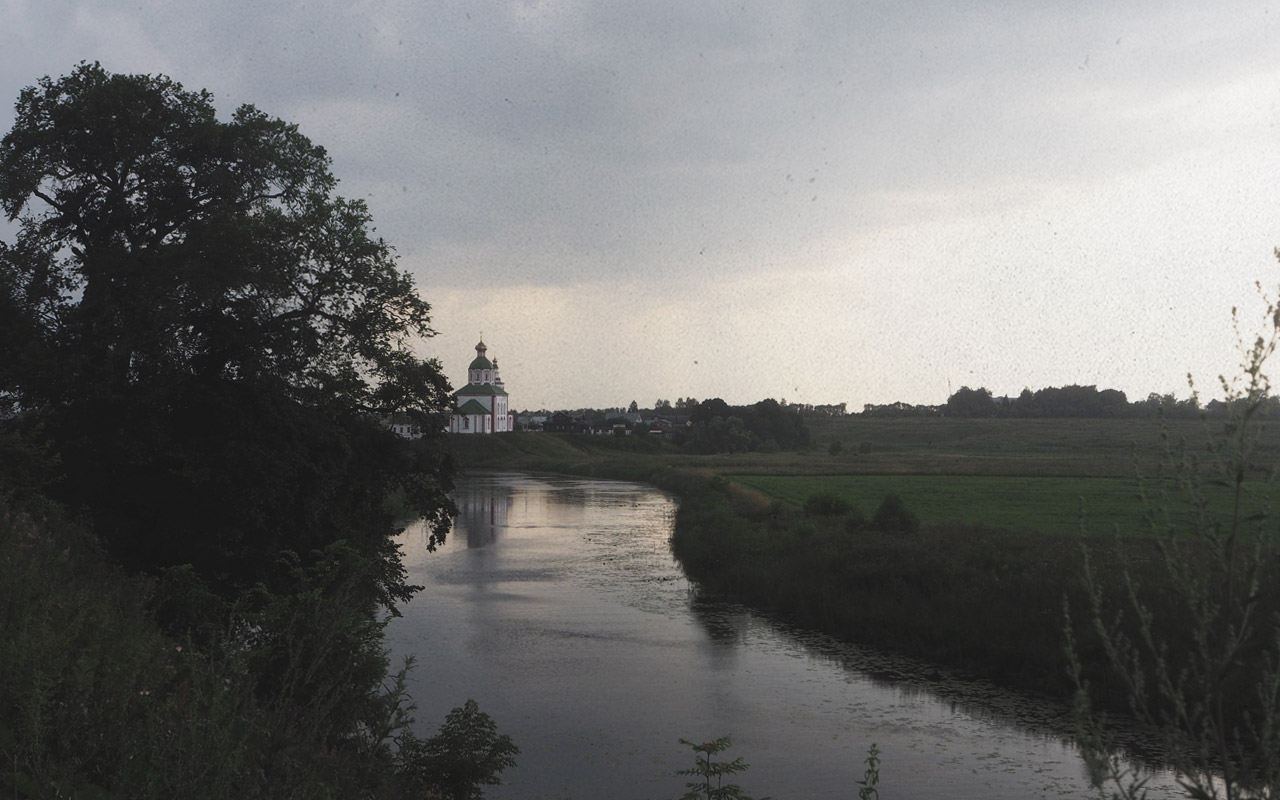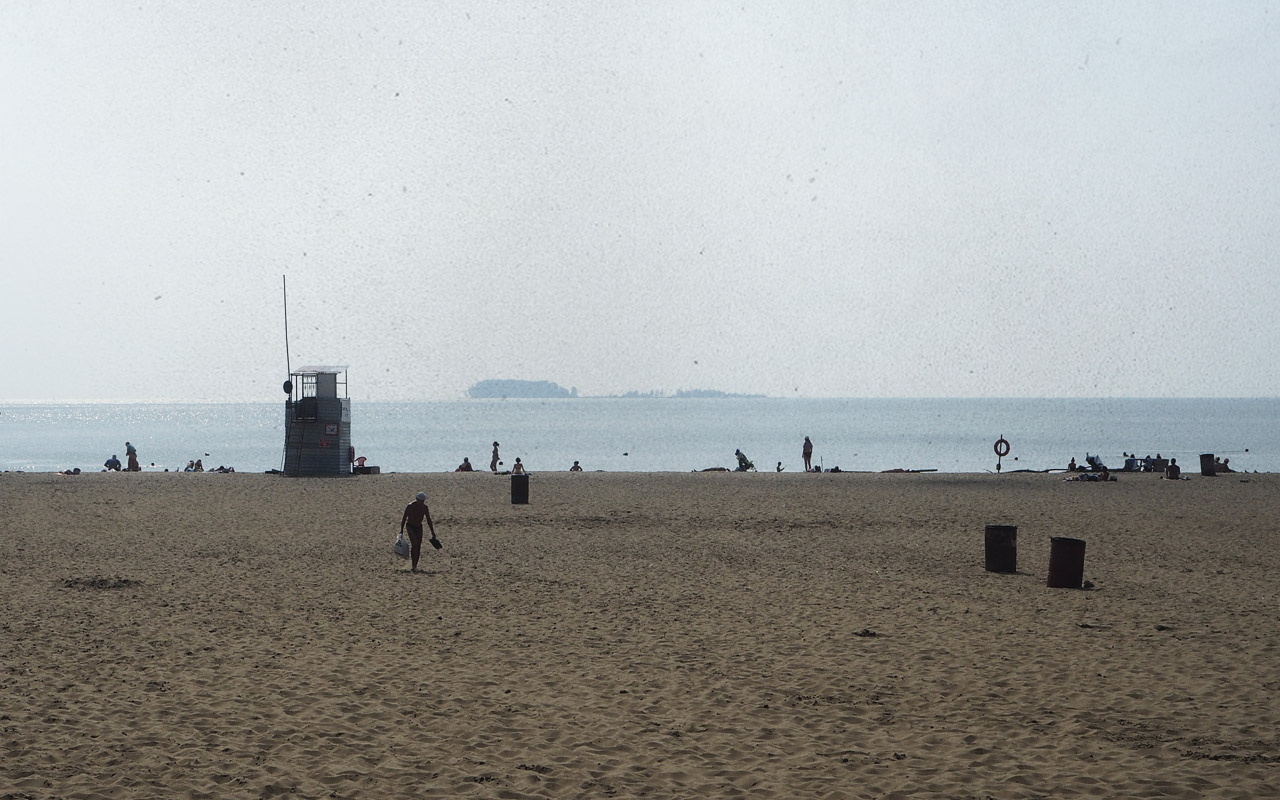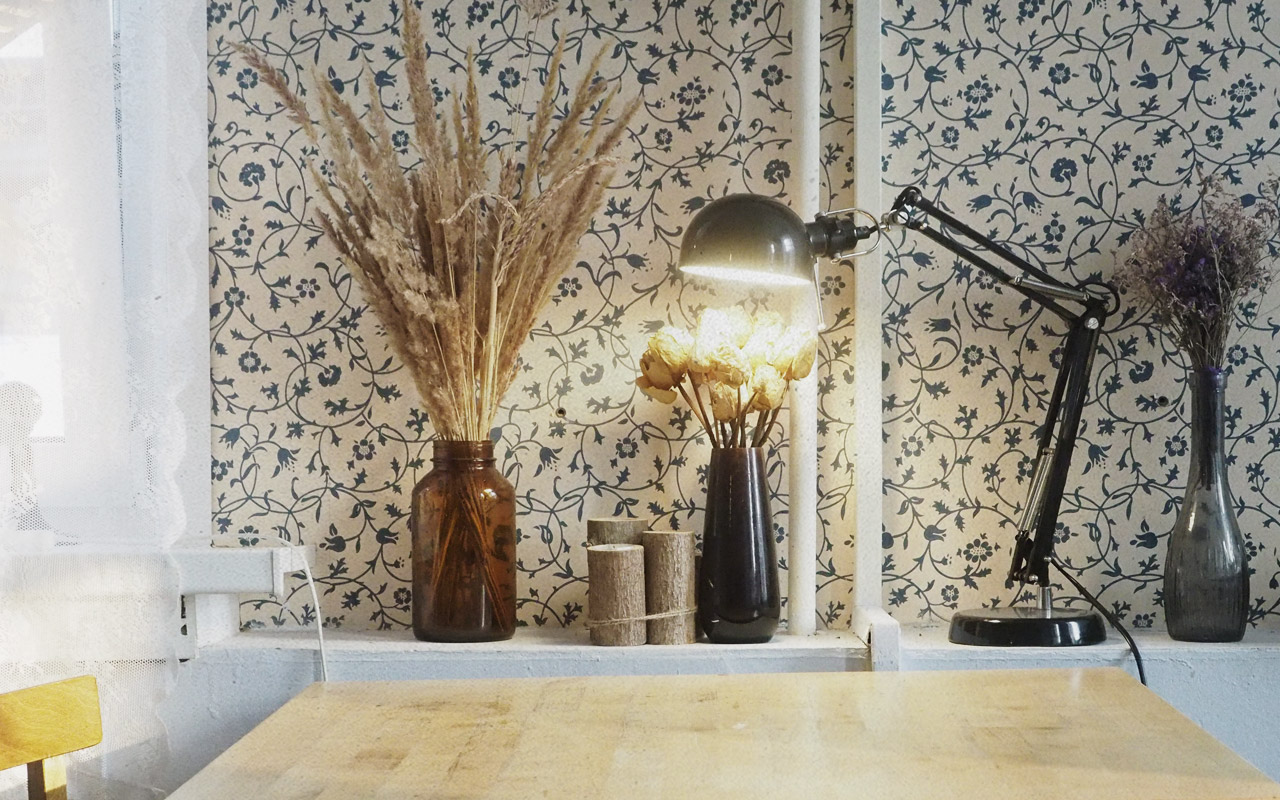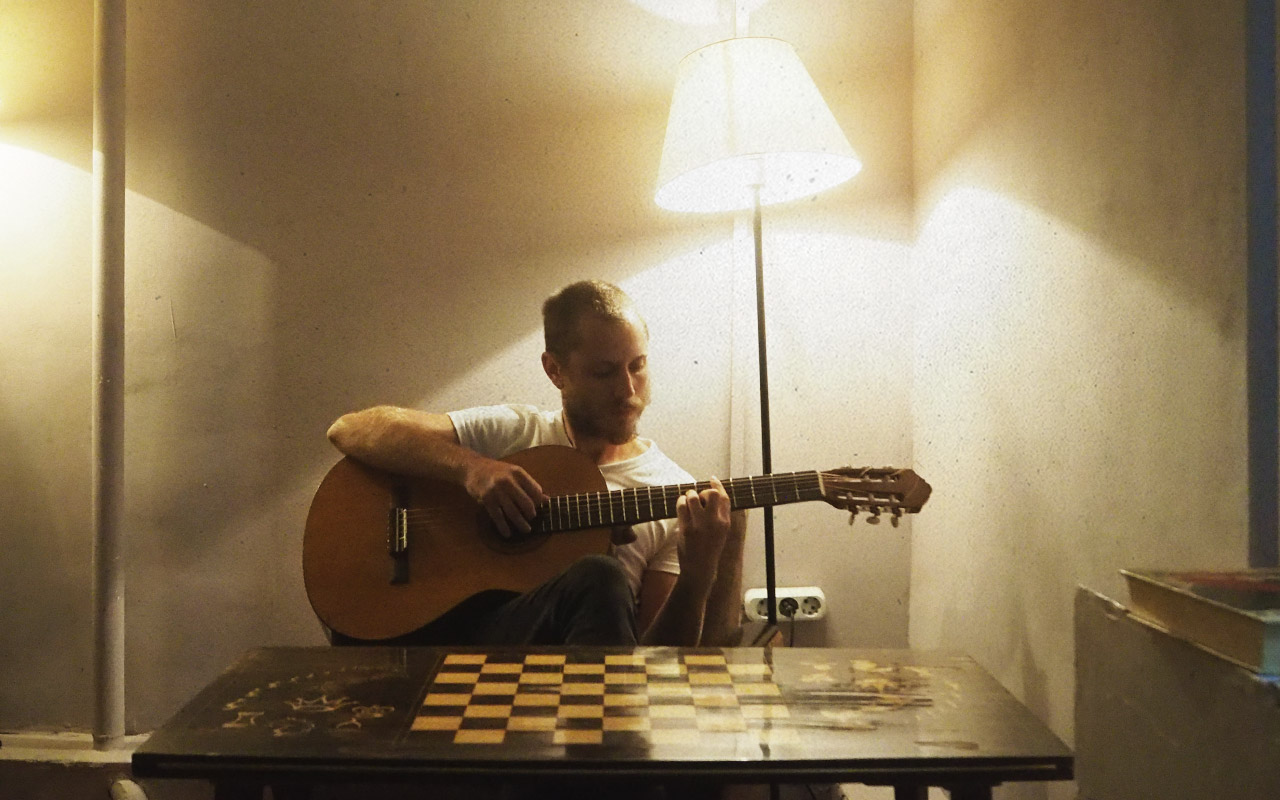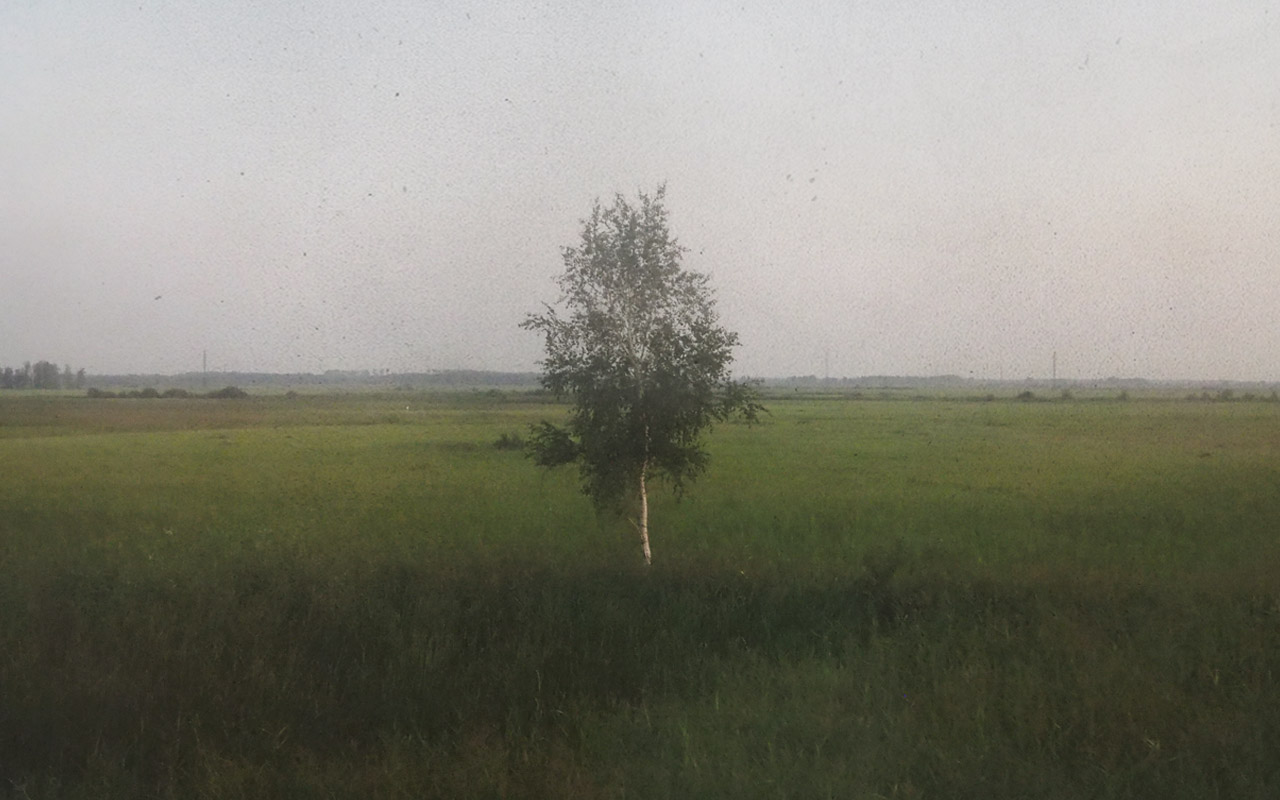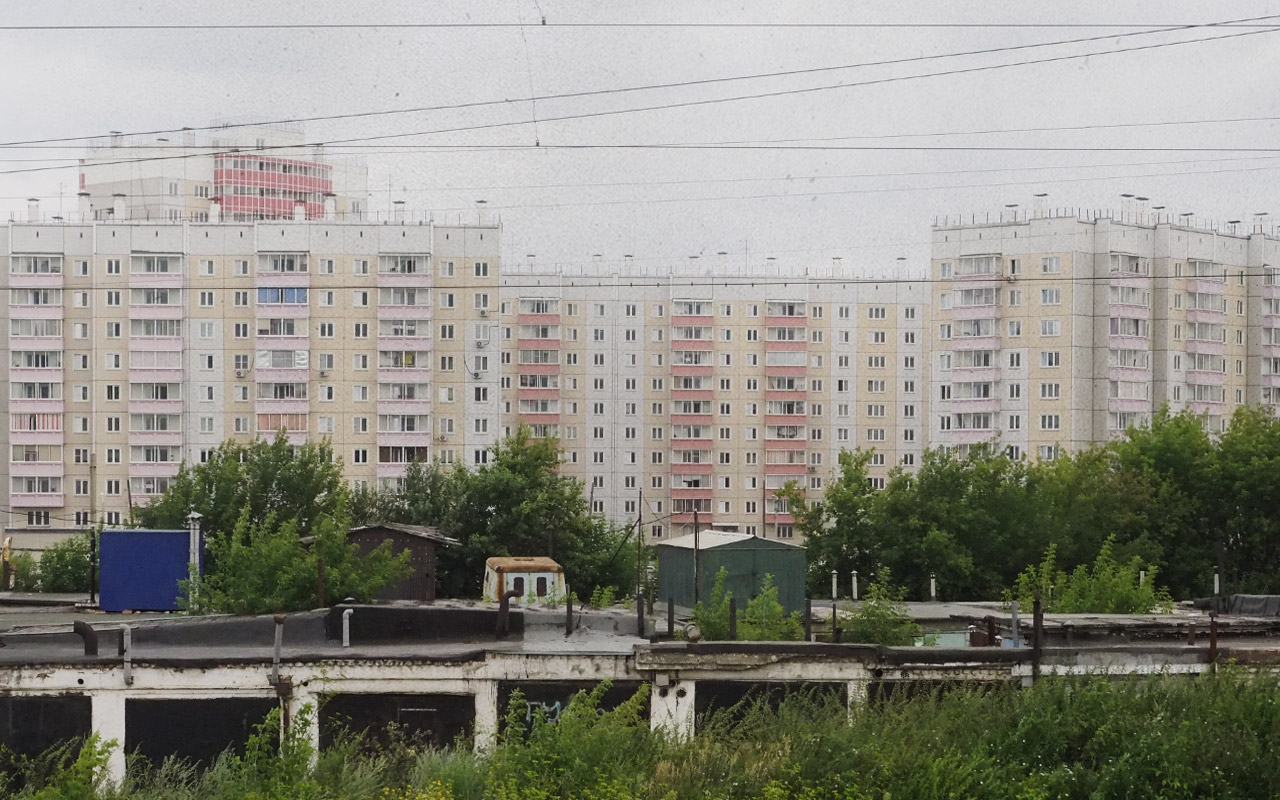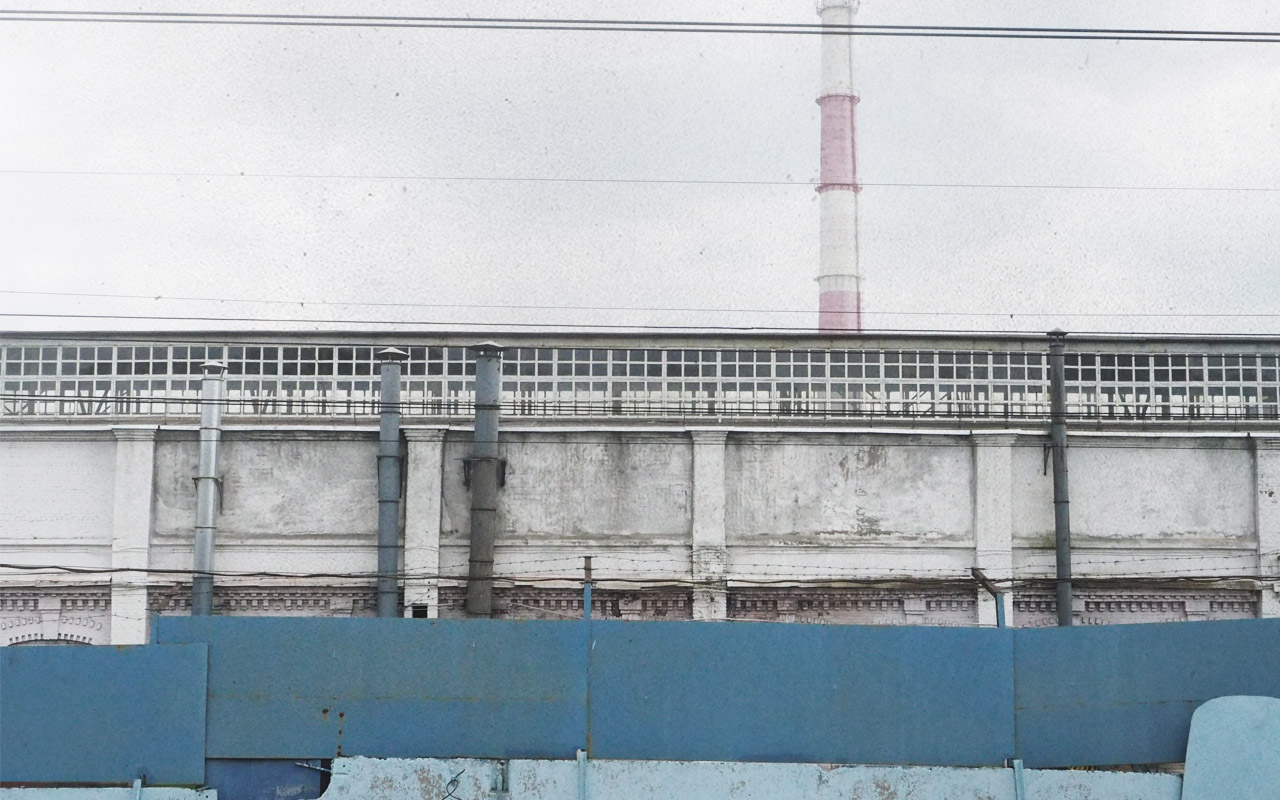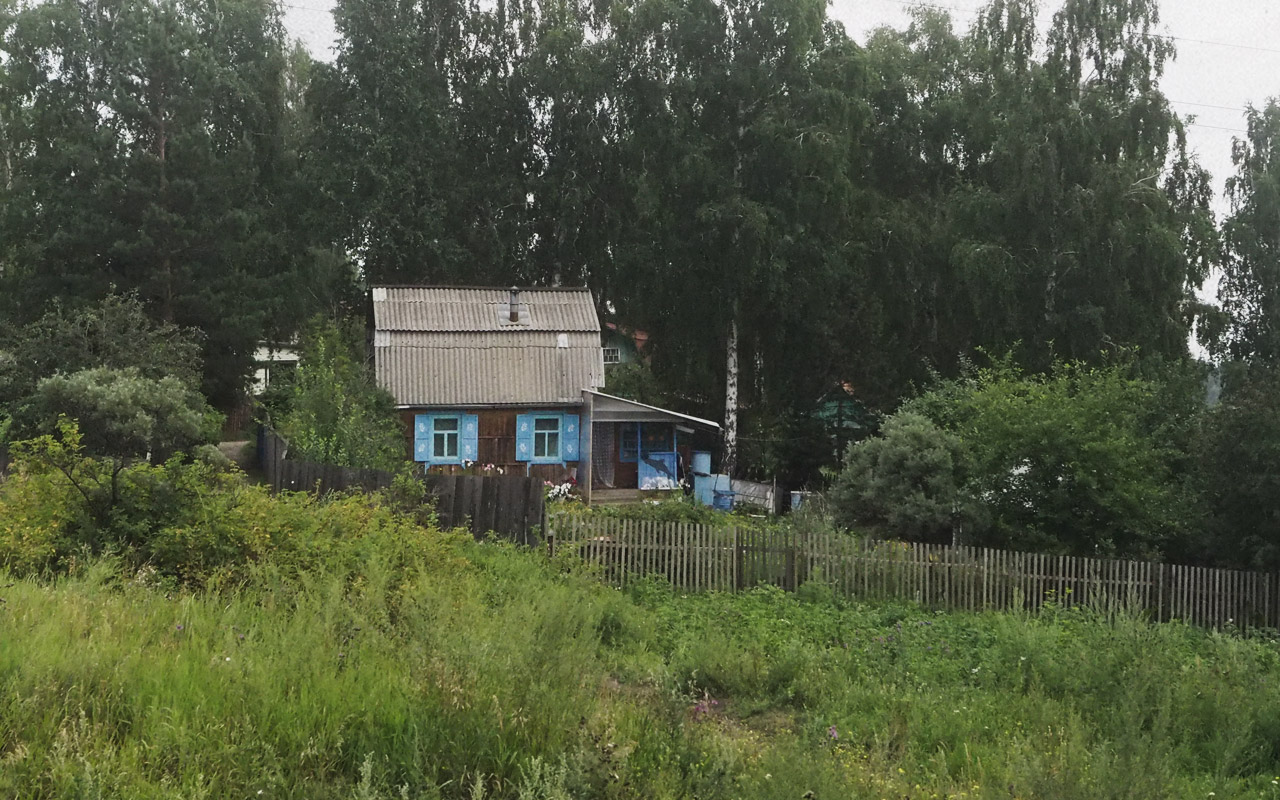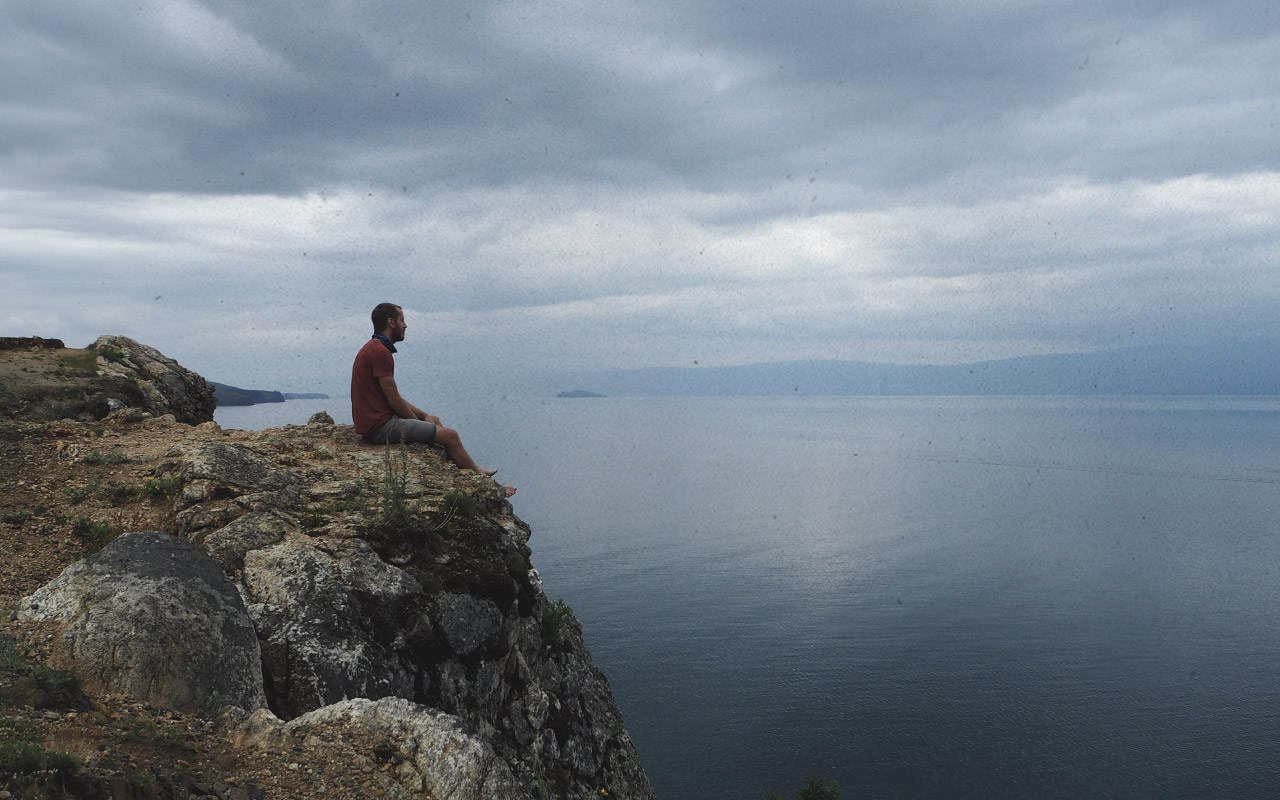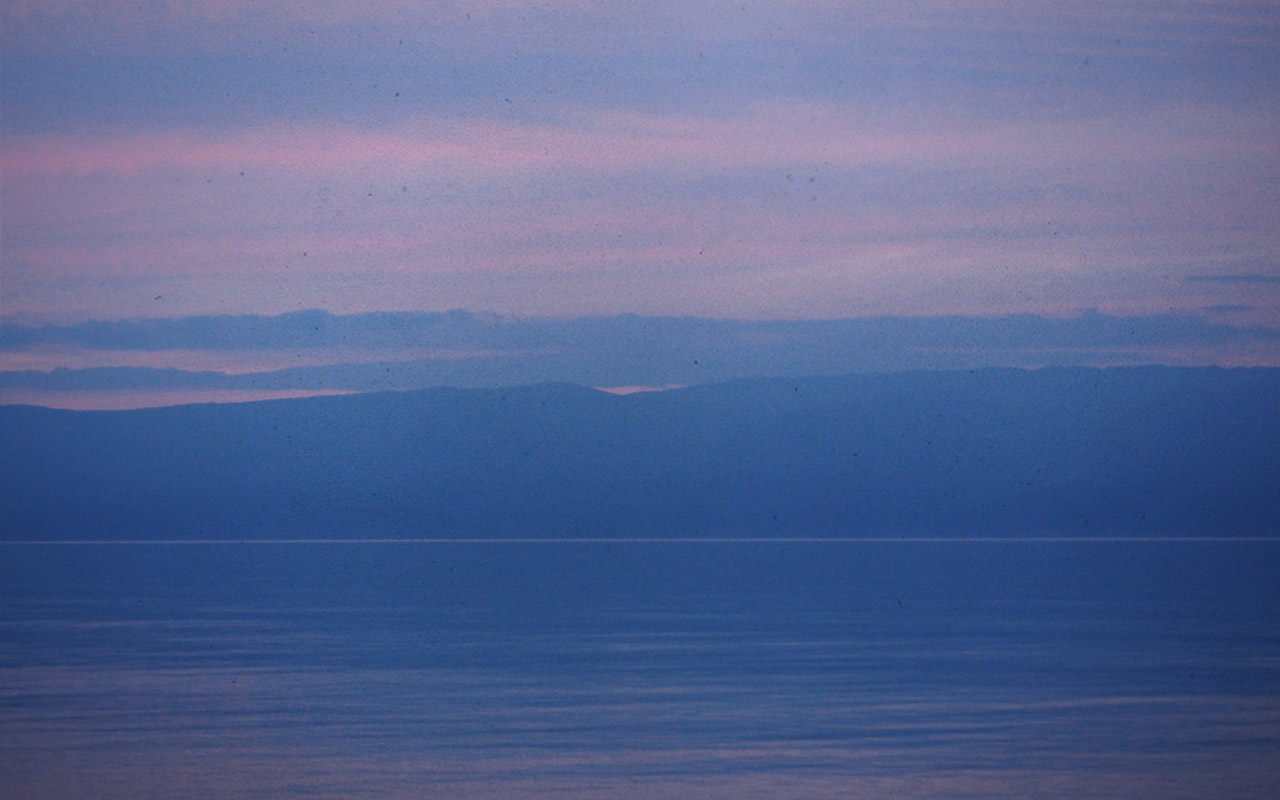At this point it seems like you should have gotten quite a good picture of our journey through the biggest country on earth. However, there are still some aspects missing. To make a long story whole without boring you with the detailed description of every little thing that happened, let me round this off by listing some additional anecdotes and thoughts:
Russian sights are mostly located in Moscow and St. Petersburg and overrun with tourists. We visited some of them (Kremlin, Red Square and St. Basil's Cathedral in Moscow, Hermitage in St. Petersburg, to only name a few) and it was medium fun. They really should reduce the number of tourists to make this experience more enjoyable. Out of Moscow and St. Petersburg most cities have a cathedral, a few churches, a statue of Lenin, one or two Soviet monuments and some museums (which will most likely not have English translations for the Cyrillic inscriptions). After a while it all looked the same and we tried to get out of the cities as often as possible.
Our first highlight was visiting Suzdal in Russia's so-called Golden Ring. This countryside region is located about 50km from Moscow and features a beautiful landscape, well-kept churches and pretty wooden houses. The guide book said that the area had been bypassed by the 20st century altogether - a more than accurate description. If you ever come to Russia, be sure to visit this place!
Our second highlight was spending three days on Olkhon, a breathtakingly beautiful island in the middle of Lake Baikal. After spending most of our time visiting the cities of Nizhny Novgorod, Ekaterinburg, Novosibirsk and Irkutsk it felt thoroughly good to be out in the country. Luckily we stayed at a place outside the main (and only) village and thus managed to avoid the island's tourism mayhem. Plus we didn't go on a weekend and the weather forecast hadn't promised anything too good. In the end the weather turned out to be a lot better than expected and we spent three days walking through landscpaes that featured endless fields, foggy forests, rough cliffs and close-to-inaccessible bays and beaches. A mix of Ireland, Scotland, Portugal and France, all reachable on a one-day-tour. And with its shores and waves Lake Baikal looked like an ocean rather than a sweetwater lake. But be prepared: Staying on Olkhon Island means not having access to any luxuries. There are no streets, no regular toilets and hardly any products on the only supermarket's shelves.
Just as these experiences suggest, the Russian countryside beared some surprises and maybe even treasures. Another example was when our couch surfing host Gennady took us out of Novosibirsk and into the city's suburbs where he was born. After walking through some forest we suddenly found ourselves standing on a huge beach looking at a full-sized lake. It was 30° that day and the place was packed with people in bathing suites eating ice cream. That we wouldn't have expected to see in the middle of Siberia.
Are the cities along the Trans-Siberian Route interesting to visit, too? Kind of. More or less. Maybe. Should they be on your list of places to see before you die? Well… Nevertheless, we have to say that Russia's cities were kept exceptionally clean - close to spotless even. Anywhere we went there was somebody with a broom or mop and a bucket of water.
Russian cuisine means cooking anything with potatoes and meat and making it Russian by adding loads of dill. Oh, and dumplings.
Insight of the month:
Phil: "Wouldn't it be cool to be somewhere on a beach where the sun is shining?"
Lea: "Yes. But now we are here instead."
Was backpacking in Russia really as unpleasant as suggested by some of the thoughts expressed in this post? Well, it wasn't unpleasant. But it was not nearly as surprising, spectacular or crazy as we had imagined. After thinking about this for a while we came to a simple conclusion: in Iran, Azerbaijan, Georgia and Turkey we had gotten into contact with either locals or fellow travellers. This was what turned our journey through these countries into a long-lasting and memorable experience. In Russia, on the other hand, we hardly came into contact with locals. And the majority of the tourists were organised in (mostly Asian) travel groups who kept to themselves. This led to Lea and me establishing a pretty standard day-to-day-life among ourselves. Apart from the constant moving-around and the Russian scenery this life wasn't too different from the one we had lived back in Hamburg on a duty-free weekend. If backpacking in Russia and riding the Trans-Siberian Railway have taught us anything, it's that we need to meet other people instead of only moving from one sight to the next.
